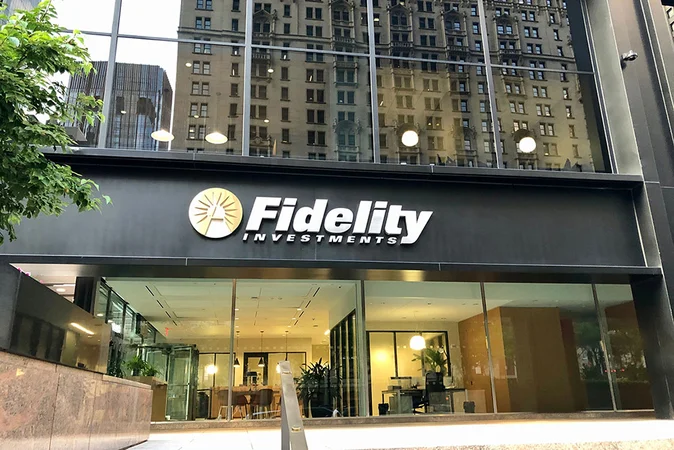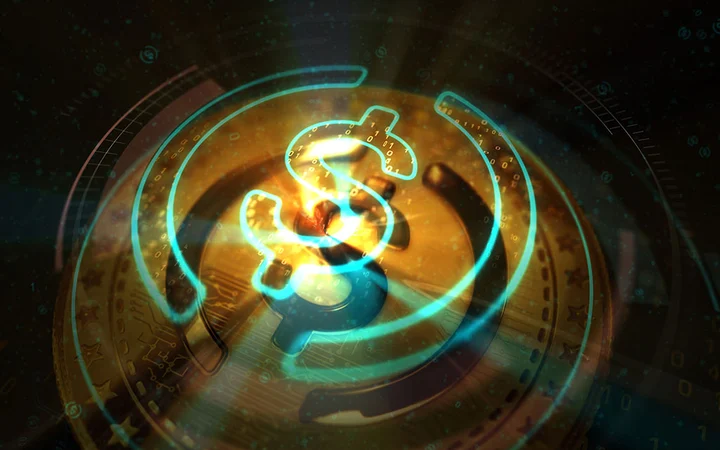Europe releases the world’s first AI regulation. What intersection does it have with the crypto asset industry?
Europe Enacts Groundbreaking AI Regulation Implications for the Crypto Asset IndustrySource: Blockchain Knight
Friday was a big day in the history of technology, as negotiators from the European Union completed the drafting of the world’s first comprehensive set of AI rules.
This agreement, named the “AI Act,” is a significant step towards judicial supervision of AI technology.
After intense closed-door negotiations, representatives from the European Parliament and the 27 member states of the European Union finally resolved their differences and reached a preliminary political agreement on the AI Act.
- Step into the Future with eTukTuk AI, EV, and Blockchain Investment Opportunity You Can’t Afford to Miss Out on before 2024!
- Google’s “Seemingly Real” AI Demo Draws Accusations of Fakery
- Madeira: Where Blockchain Meets Paradise
The discussions involved sensitive topics such as generative AI and how law enforcement can use facial recognition for covert surveillance. Thierry Breton, a member of the European Commission, announced this breakthrough and emphasized the leadership role played by the European Union as the first continent to establish clear rules for the use of AI.

Although the marathon-like meeting, lasting over 20 hours, yielded positive results, civil society groups are not satisfied with the agreement.
They believe that the agreement does not provide sufficient protection against the potential harm caused by such technology. They stress the need for more details, which are expected to be improved in the coming weeks.
The European Union released the first draft of AI rules in 2021, setting the global trend for AI regulation. However, due to the rise of generative AI, European leaders had to revise this plan, which was intended to become a model for the whole world.
In order to obtain formal approval, the European Parliament is preparing to vote on the “AI Regulation” in the first few months of the new year.
If approved, the law will not come into effect until at least 2025. The penalties for violating this law will be very severe, with fines of up to €35 million (€38 million) or 7% of a company’s global turnover.
Specific generative AI systems, such as OpenAI’s ChatGPT, have garnered attention for their ability to produce text, images, and music that sound very much like the work of humans. Some are concerned that this could endanger jobs, privacy, copyright security, and even human lives.
While the European Union, the United States, the United Kingdom, China, and other global bodies are also developing their own AI rules, the EU’s rules can serve as a strong example for other countries to follow.
Initially, the “AI Act” only restricted certain AI functionalities based on risk levels. Later, it expanded its scope to include foundational models, enabling the possibility of general AI services like ChatGPT and Google’s Bard robot.
Despite some concerns, negotiators found a balance within the existing foundational model. They added more requirements regarding technical documentation, compliance with EU copyright law, risk assessments, accident reporting, cybersecurity measures, and sharing energy efficiency information.
Researchers warn that large tech companies may abuse powerful underlying models and point out risks such as spreading false information, hacking attacks, manufacturing biological weapons, and manipulating others online. The EU’s regulations on AI may have an impact on global standards and serve as an example for other countries that want to regulate AI.
The EU’s decision to finalize the “AI Act” has a significant impact on the crypto asset industry.
Specifically, the legislation related to generative AI models, such as OpenAI’s ChatGPT, raises important questions. These widely used technologies in the crypto asset industry may face stricter regulation and scrutiny when it comes to automated activities and content production on blockchain platforms.
The emphasis on data security and privacy in the “AI Act” aligns with the needs of secure transactions in the crypto asset industry.
Crypto asset companies operating in the EU must comply with these rules to avoid hefty fines of up to 7% of their global turnover. This focus on compliance may drive the crypto asset industry to adhere to evolving AI-related regulations.
The inclusion of foundation models in the “AI Act” is necessary for general AI services, which directly impacts blockchain initiatives involving AI technologies. Furthermore, the EU legislation’s global influence may affect the approaches taken by China and the United States (two other important players in the crypto asset field) in AI governance.
The EU’s innovative AI policies essentially expand its influence into the crypto asset field, impacting data privacy standards, setting a global precedent for the combination of AI and crypto assets, and influencing the integration of AI technologies.
With the evolving landscape of the crypto asset industry, the “AI Act” is likely to have significant and far-reaching implications.
We will continue to update Blocking; if you have any questions or suggestions, please contact us!
Was this article helpful?
93 out of 132 found this helpful
Related articles
- The Crypto Market Bulls are Unleashed: SEI, Chainlink, and Rebel Satoshi Compete for the Championship Title!
- News Weekly | US Judge Accepts Zhao Changpeng’s Guilty Plea Agreement, Mark Zuckerberg Sells Over 560,000 Shares of Meta Stock
- Bonk Token: Spinning Heads and Wagging Tails in the Meme Coin World!
- Tether Freezes Rogue Wallets: Keeping the Stablecoin Ecosystem Safe
- The Altcoin Boom: Get Ready for a Memorable Ride! 🚀🌙
- 2024 US Defense Bill Removes Encryption Regulations from Legislation
- A ghost of GPT (Generative Pre-trained Transformer) is wandering over Gemini.




